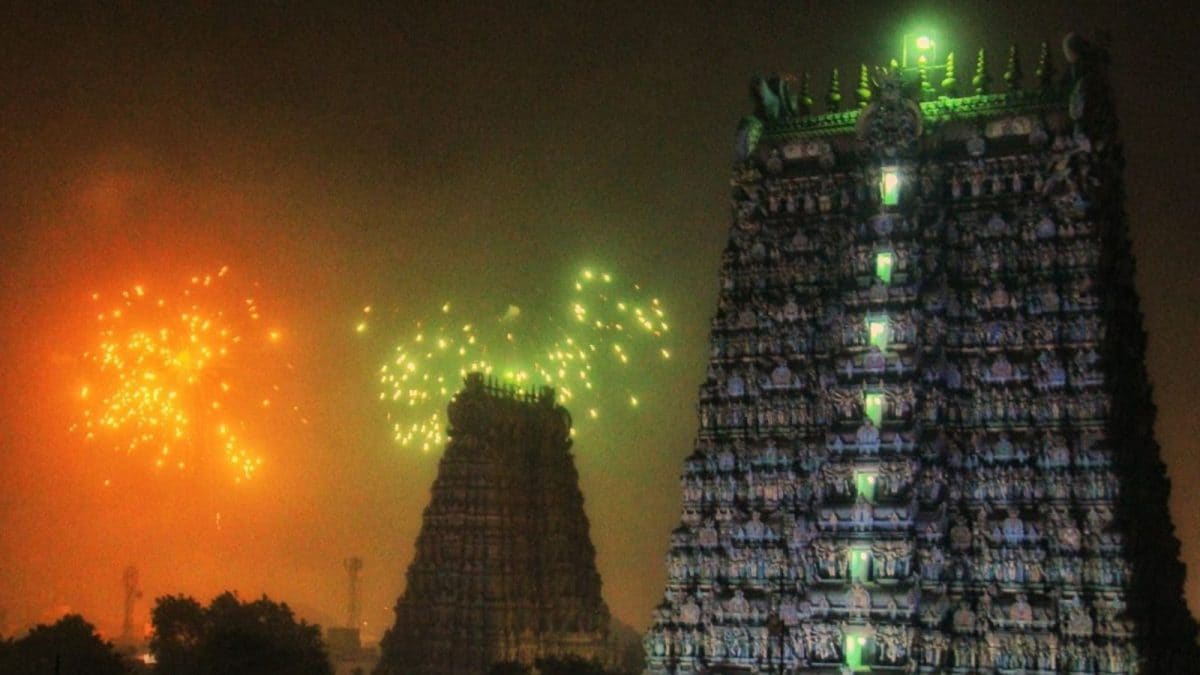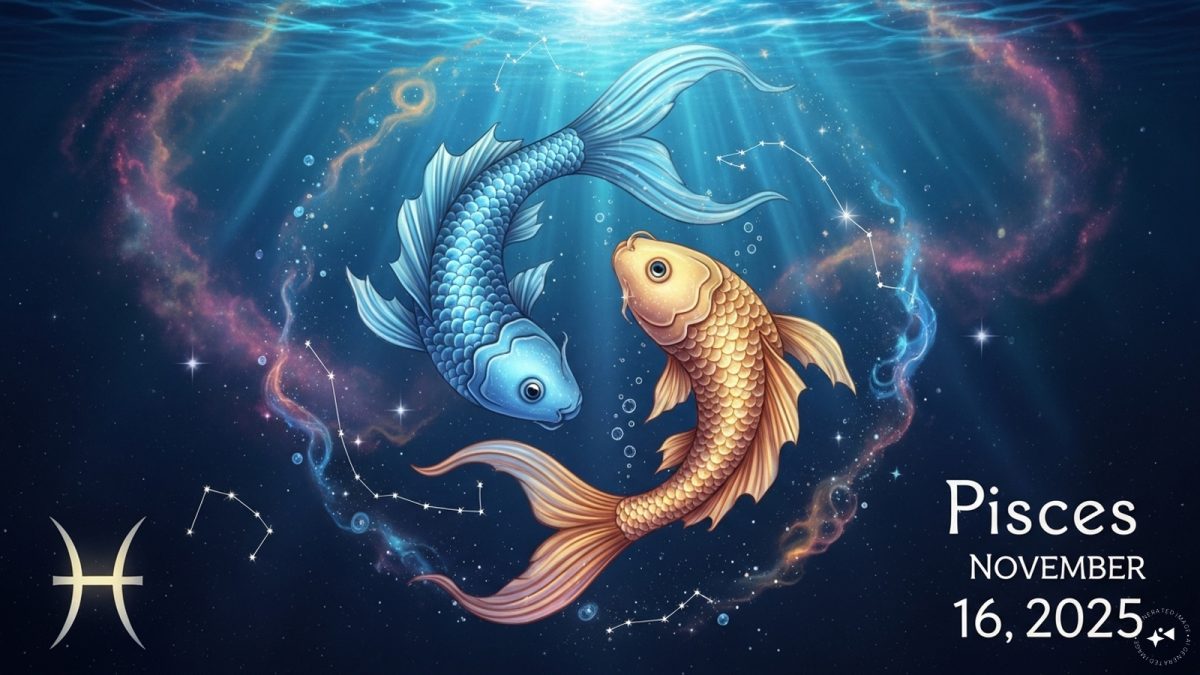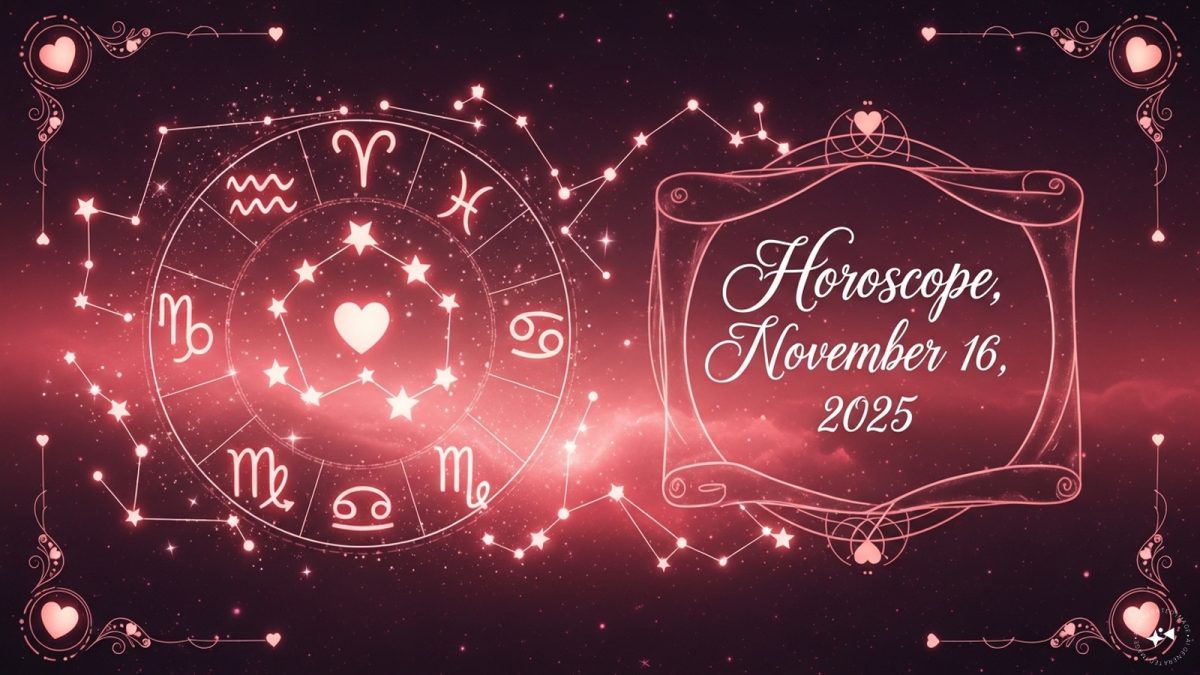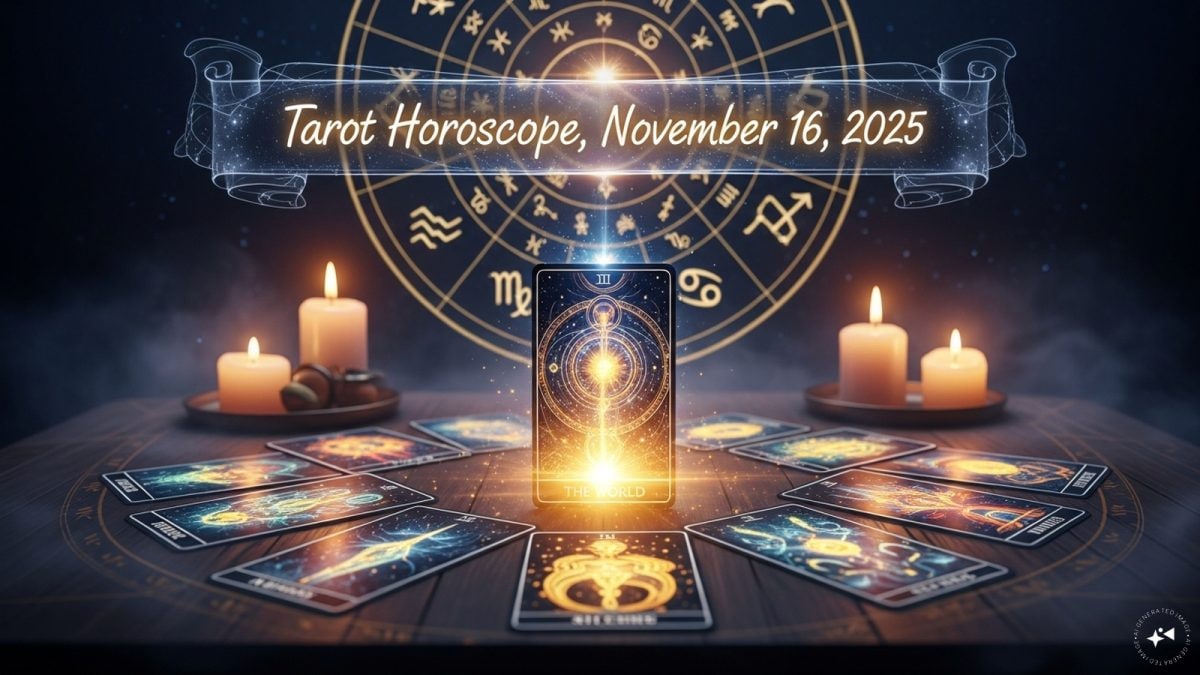Last Updated:
Madurai’s Diwali blends mythology and devotion as lamps float on the Vaigai, honoring Meenakshi, Lord Sundareshwarar, and Alagar in a unique Tamil tradition.

This version of Diwali doesn’t compete with the noise of crackers; it listens to the silence of reflection (Image: X)
Madurai in Tamil Nadu is a city where mythology flows through streets as easily as the Vaigai River itself. Its temples do not merely stand in stone, they breathe, sing, and tell stories older than time.
Among those stories, one Diwali tale glows brighter than the rest, when the waters of the Vaigai shimmered with a thousand flames, and the goddess Meenakshi’s light met the river’s reflection in a symbolic marriage of fire and water.
The Festival of Lights with a Madurai Heart
Across India, Diwali marks many things – the return of Rama, Krishna’s victory, or the triumph of good over evil. But in Madurai, Diwali has always had a flavour that is deeply local, deeply Tamil.
Here, the Meenakshi Amman Temple, with its towering gopurams and sacred lotus tank becomes the heart of illumination. On Diwali nights, thousands of oil lamps line the temple corridors, float over water, and glimmer in the golden light of dusk.
For generations, the people of Madurai have seen light not just as celebration but as an offering – to gods, to ancestors, and to the river that sustains the city. Old records and local elders say that Diwali once meant more than fireworks and sweets.
It was the night when the Vaigai itself was set aglow, lamps floating downstream like stars caught in current, symbolizing the sacred union of the goddess’s fire with the river’s flow.
Meenakshi and the Marriage of Fire and Water
The legend of Goddess Meenakshi is central to Madurai’s identity. Born from a sacred fire, she was destined to rule the Pandya kingdom and later wed Lord Sundareshwarar, an incarnation of Shiva. Their celestial wedding, the Meenakshi Kalyanam remains one of Tamil Nadu’s grandest temple festivals even today.
But in the myth, Meenakshi’s brother, Lord Alagar (a form of Vishnu), plays a key role. When he sets out from his hill temple to attend his sister’s wedding in Madurai, he is delayed. Upon reaching the Vaigai River, he learns that the marriage is already over. In sorrow and grace, he stops at the river, blessing the couple from afar.
This meeting of divine forces, fire-born Meenakshi and water-bound Alagar gave birth to a symbolic belief: that the river carried the blessings of the gods, merging the light of the divine flame with the coolness of devotion.
It is said that Diwali nights along the Vaigai once commemorated this sacred union. Families would place earthen lamps by the riverbank, letting them drift with the current as an offering to the goddess and her brother.
When Madurai Glowed Like a River of Stars
In earlier times, the Vaigai wasn’t just a waterway, it was the stage for worship. Historical mentions describe how the entire riverbank would light up during Diwali week.
Priests and devotees would chant hymns while lighting rows of lamps from the temple’s holy flame. These were carried to the river, where the lamps floated away, forming long trails of flickering gold.
The tradition mirrored the cosmic rhythm of balance – fire and water, heat and calm, spirit and flow. It reflected the Tamil idea that light is not just to illuminate the sky but to sanctify the earth and its waters.
The city’s other rituals, like the Theppotsavam or Float Festival, continue this symbolism where idols of Meenakshi and Shiva are placed on rafts and floated across temple tanks under glowing lamps.
Though today’s Diwali in Madurai may be louder, brighter, and more urban, the river still remembers. Walk by the Vaigai at dusk, and you’ll find locals lighting small lamps and sending them afloat, quietly reviving what their grandparents once did without ceremony.
A Glow That Outlives Fireworks
Modern Madurai celebrates Diwali much like the rest of India, fireworks in the sky, sweets shared, families gathered. But in the quiet corners of the city, near the temple ponds and ghats, you can still glimpse the older ritual, the moment when the river becomes a mirror for the goddess’s light.
This version of Diwali doesn’t compete with the noise of crackers; it listens to the silence of reflection. It is about the balance between elements, where fire doesn’t destroy water, and water doesn’t extinguish fire. Instead, they meet, shimmer together, and tell an eternal story of harmony.
In that sense, Madurai’s Diwali is not just about lighting lamps. It’s about remembering the rhythm of the world of flames that rise and rivers that flow, both carrying the promise of renewal. It’s about how, for one night every year, the Vaigai becomes a sky turned upside down, a river of stars beneath the gaze of the goddess who was born of light.
The News Desk is a team of passionate editors and writers who break and analyse the most important events unfolding in India and abroad. From live updates to exclusive reports to in-depth explainers, the Desk d…Read More
The News Desk is a team of passionate editors and writers who break and analyse the most important events unfolding in India and abroad. From live updates to exclusive reports to in-depth explainers, the Desk d… Read More
Tamil Nadu, India, India
October 16, 2025, 14:43 IST
Stay Ahead, Read Faster
Scan the QR code to download the News18 app and enjoy a seamless news experience anytime, anywhere.







